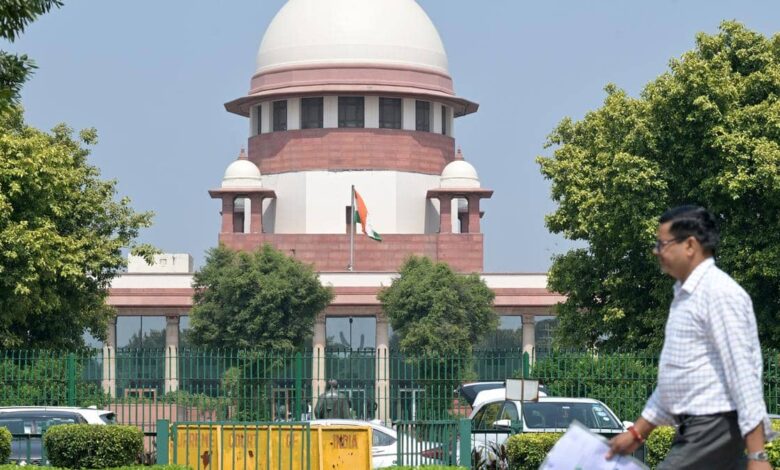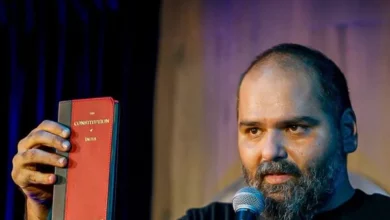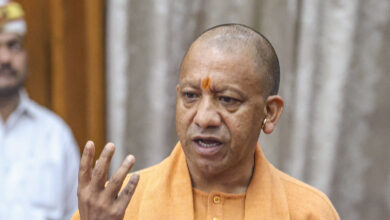
Justice JB Pardiwala said Section 6A of the Citizenship Act failed the test of temporal unreasonableness.
New Delhi: The Supreme Court on Thursday upheld the validity of Section 6A of the Citizenship Act, which recognized the Assam Accord, but one of the bench judges gave a dissenting judgment.
The five-judge Constitution Bench of Chief Justice of India DY Chandrachud, along with Justices Surya Kant, MM Sundresh, Manoj Misra, and JB Pardiwala, pronounced that refugees from Bangladesh who had entered India during 1966-1971 could claim citizenship in India.
In his dissenting judgment, Justice Pardiwala held that the provision has become invalid with time.
It is reiterated here that in laying down his reasoning, the judge said that Section 6A failed the test of temporal unreasonableness and that even if it was valid when it was included in the Citizenship Act of 1985, it was no longer so with the “efflux of time.”
Section 6A has developed the characteristics of unconstitutionality with time. No time limit for its enforcement also falls within it, and all burdens upon the State to detect and deport also proceed with it.
The section has only added to the inflow of illegal migrants into Assam. Section 6A does not match up with Articles 6 and 7 of the Constitution as the critical difference is that the onus of registration under.
Justice Pardiwala said that Article 6 rests upon the person who happens to be a foreigner, and the State is not involved in the same, but under 6A, it is the onus of the State.
Articles 6 and 7 of the Constitution provide for the rights of migrants to India from Pakistan and to the country from India. D
uring the period covered under Section 6A, Bangladesh used to be known as East Pakistan. “
“Section 6A, having no temporal limit to its applicability, with time, is not only defeating but working counter to the very object with which it was enacted.”.
The mechanism does not allow an immigrant of the 1966-1971 stream to seek citizenship voluntarily, and such an immigrant has to wait indefinitely for a reference to be made to the foreigner’s tribunal.



